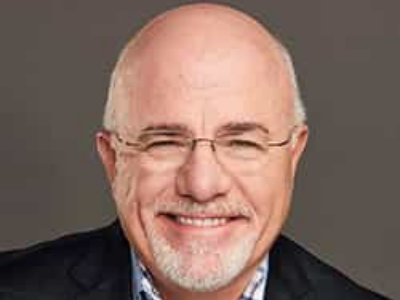Man accused of trying to assassinate Trump in Florida rests his case without testifying
News > National News

Audio By Carbonatix
11:01 PM on Sunday, September 21
By DAVID FISCHER
FORT PIERCE, Fla. (AP) — A man on trial for trying to assassinate President Donald Trump last year at his Florida golf course declined to testify Monday as part of a defense in which he is representing himself and wrapped up his case by questioning a firearms expert and two character witnesses.
Ryan Routh rested his case before lunch after questioning the witnesses for three hours in the morning. U.S. District Judge Aileen Cannon asked if Routh wanted to testify himself, and he said, "I will not testify."
Closing arguments are slated for Tuesday morning, and jurors will begin deliberating immediately after that.
Prosecutors have said Routh spent weeks plotting to kill Trump before aiming a rifle through shrubbery as Trump played golf on Sept. 15, 2024, at his Mar-a-Lago Club in West Palm Beach. A Secret Service agent testified last week that he spotted Routh before Trump came into view. Routh aimed his rifle at the agent, who opened fire, causing Routh to drop his weapon and flee without firing a shot, the agent said.
Under questioning from Routh on Monday, firearms expert and former U.S. Marines sniper Michael McClay testified that Routh would have had a clear view of the golf course from where he was hiding in the bushes.
“There was observation of the Hole 6 green,” McClay said.
Prosecutors previously showed a computer model that placed Routh's hiding place about 126 feet (38 meters) from the green.
McClay testified that he had tested Routh's firearm for the trial, and he was permitted to fire two shots as part of the test. However, McClay said that the second round jammed during the test, suggesting that Routh would have been unable to get off multiple shots.
During cross examination, prosecutors asked whether acid used by FBI analysts shortly after the alleged attack to recover obliterated serial numbers could affect the gun's performance, and McClay acknowledge that any metal could be damaged by acid.
McClay also testified that a scope found at the scene had not been properly mounted on the SKS rifle recovered from the scene. Routh asked whether McClay would mount a scope to a rifle with clamps, glue and tape, and McClay said he wouldn't.
“If a scope moves while on a rifle, it would be ineffective,” McClay said.
The two character witnesses, a former employee and a friend of Routh's son, testified that Routh was a peaceful man, but they conceded under cross examination that they hadn't seen Routh in years.
Routh has pleaded not guilty to charges of attempting to assassinate a major presidential candidate, assaulting a federal officer and several firearm violations.
Prosecutors rested their case Friday afternoon after spending seven days questioning 38 witnesses.
Cannon signed off on Routh’s request to represent himself following two hearings in July. Routh's former defense attorneys have served as standby counsel since Routh took over his own defense and have been present during trial the past two weeks.
Cannon had initially blocked off more than three weeks for the trial at the Fort Pierce federal courthouse, but Routh's relatively short cross-examinations and defense presentation have led to a quicker pace than anticipated.
Just nine weeks before the golf course attempt, Trump had survived an attempt on his life while campaigning in Pennsylvania. That gunman had fired eight shots, with one bullet grazing Trump’s ear. The gunman was then fatally shot by a Secret Service counter sniper.
Routh was a North Carolina construction worker who in recent years had moved to Hawaii. A self-styled mercenary leader, Routh spoke out to anyone who would listen about his dangerous, sometimes violent plans to insert himself into conflicts around the world, witnesses have told The Associated Press.
In the early days of the war in Ukraine, Routh tried to recruit soldiers from Afghanistan, Moldova and Taiwan to fight the Russians. In his native Greensboro, North Carolina, he was arrested in 2002 for eluding a traffic stop and barricading himself from officers with a fully automatic machine gun and a “weapon of mass destruction,” which turned out to be an explosive with a 10-inch (25-centimeter) fuse, police said.
In 2010, police searched a warehouse Routh owned and found more than 100 stolen items, from power tools and building supplies to kayaks and spa tubs. In both felony cases, judges gave Routh either probation or a suspended sentence.
In addition to the federal charges, Routh also has pleaded not guilty to state charges of terrorism and attempted murder.










